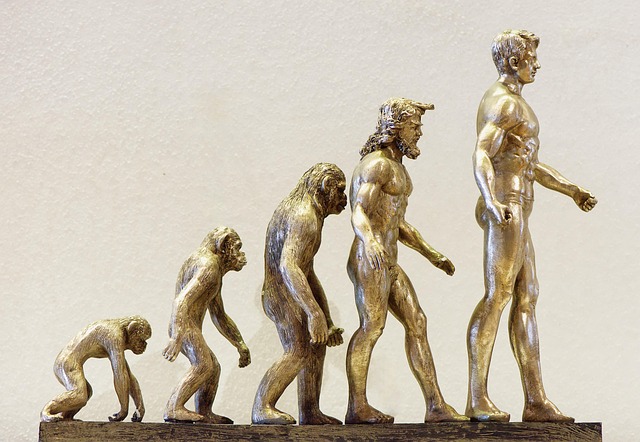In today’s fast-paced world, the fusion of robotics and artificial evolution is transforming industries and reshaping our day-to-day lives. At the heart of this exciting evolution lies the concept of artificial evolution, which signifies a step beyond traditional programming. This innovative approach draws inspiration from nature, mimicking the principles of evolution and survival of the fittest to create smarter, more adaptive systems.
Artificial evolution empowers robotics, allowing machines not just to follow pre-defined commands but to learn, adapt, and improve over time. Through techniques such as genetic algorithms, robots can evolve their functionalities based on performance metrics, leading to unprecedented efficiencies and capabilities. Imagine a manufacturing robot that, through experience, optimizes its tasks to maximize productivity while minimizing errors. This fleeting notion of intelligence offers a glimpse into a future where robots work harmoniously alongside humans, enhancing productivity and creativity.
The application of artificial evolution is not limited to robotics but extends into the realm of business automation. Organizations are increasingly deploying intelligent systems to streamline operations, enhance customer experiences, and make data-driven decisions. With artificial intelligence infused into these systems, businesses can adapt swiftly to market changes and customer demands. For instance, AI-driven customer service chatbots evolve through interactions, improving their responses and functioning autonomously, reducing the burden on human employees.
As we delve deeper into the age of automation, the psychological and emotional implications of these evolving technologies cannot be overlooked. The adaptation of artificial evolution brings about a sense of collaboration between humans and machines, fostering a workplace environment where creativity and innovation flourish. This new dynamic encourages workers to focus on critical thinking and complex problem-solving, freeing them from mundane tasks that can be efficiently handled by machines.
However, with this swift technological advancement comes the responsibility to navigate the ethical implications of artificial evolution. As businesses increasingly incorporate these advanced systems, they must ensure transparency and accountability in their operations. Workers should feel secure, knowing that they are not merely being replaced, but rather empowered by tools that enhance their potential.
Artificial evolution in robotics and business automation is not just about efficiency; it’s about transformation. It’s a reflection of our ability to adapt and innovate in a world that is always changing. By embracing this evolutionary process, we can unlock new possibilities, creating a future where technology and humanity coexist beautifully. The journey of artificial evolution is just beginning, and as we embrace this change, we are one step closer to a more intelligent, resourceful, and dynamic world.



